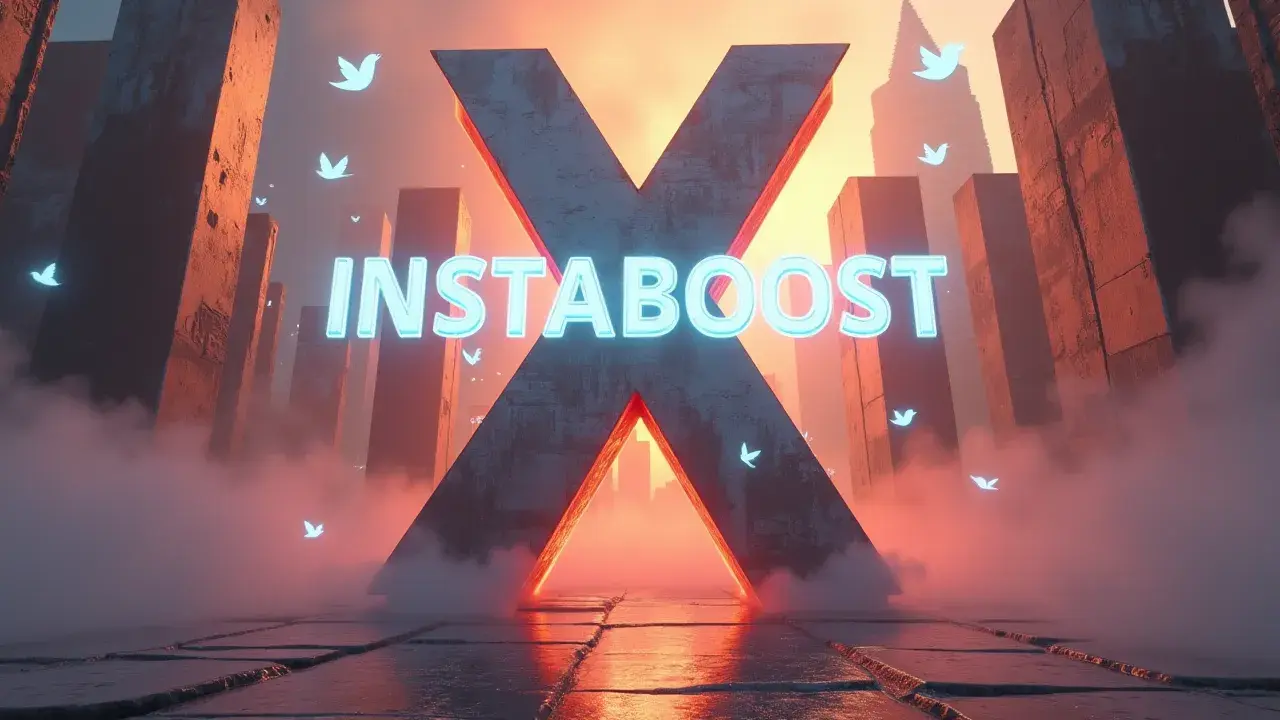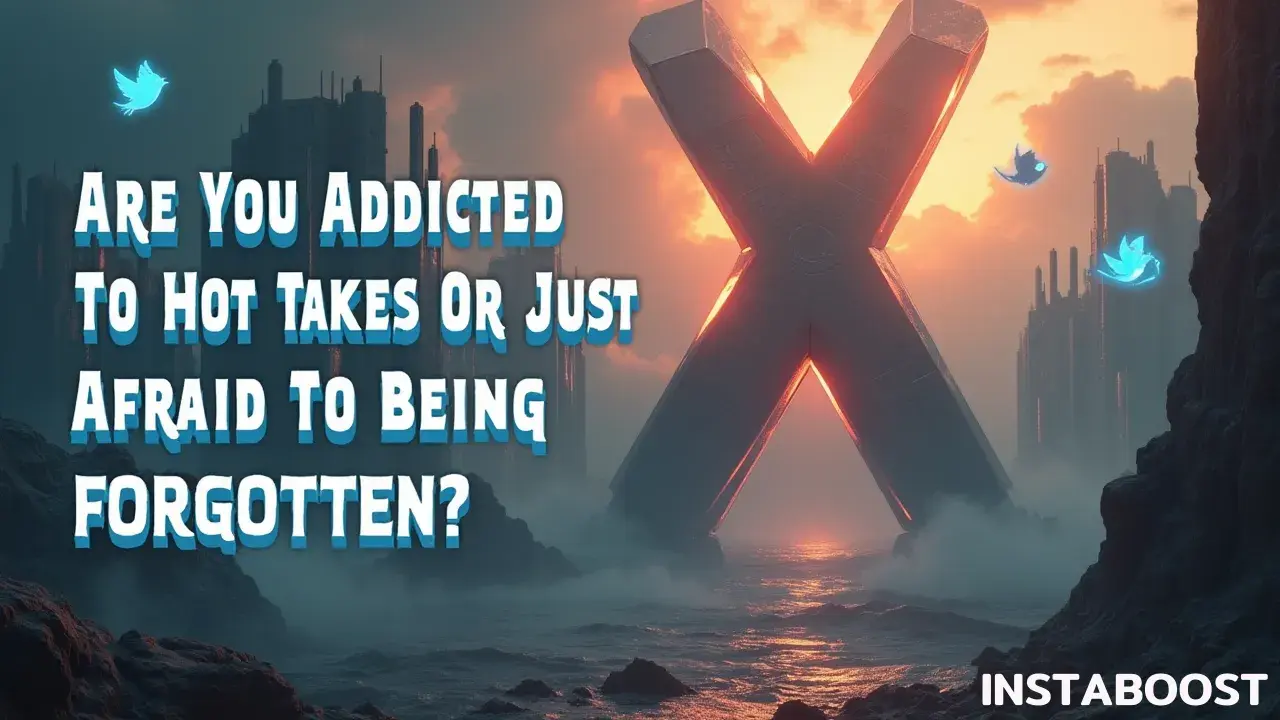Are You Addicted to Hot Takes or Afraid of Being Forgotten?
Craving hot takes can reflect both a taste for bold opinion and a deeper fear of fading from view. The pull of attention and relevance encourages rapid reactions that shape digital identity, yet can drift into performative posting when misdirected. Noticing whether the impulse serves clarity or merely visibility helps align expression with intent. A smart path balances timely perspectives with substance that reinforces lasting identity, not just momentary reach.
The Seduction of the Instant Reaction
When I scroll through social media, I notice the same thing over and over: someone puts up a bold or strange post, and people react right away. Some argue, some agree, but most of it seems to be about being the first to jump in. There’s a quick rush from getting noticed or saying something that stands out.
But if you really look at it, it’s hard to tell if anyone cares about the topic itself, or if it’s just about getting a response. Sharing a strong opinion or something that might get a reaction – sometimes I wonder what we’re actually putting at risk. It’s hard to separate saying what you think from getting pulled into that back-and-forth that these platforms encourage. Being part of the conversation isn’t always about enjoying the debate, either.
A lot of it seems like wanting to feel like you matter, and the platforms are set up to keep that going. Whether it’s counting likes, hoping for retweets, or just having that brief moment when you’re noticed, it starts to feel like the ideas aren’t really the point.
A lot of it seems like wanting to feel like you matter, and the platforms are set up to keep that going. Whether it’s counting likes, hoping for retweets, or just having that brief moment when you’re noticed, it starts to feel like the ideas aren’t really the point.
I even noticed you can order X boost if you want more people to see your post, which makes it even harder to tell what’s real and what’s just getting pushed out there. I catch myself wondering, if nobody was paying attention, would any of this feel worth doing? I think we like to say we’re sharing for the right reasons, but honestly, I’m not always sure it’s about the subject at all.

What Actually Changes Minds?
When I think about how people change, it’s usually not because of a big fight or anything sudden. It’s almost always something slow, so you barely notice at first. I don’t see many people suddenly drop their opinions during online arguments. What I notice more is that their posts get a little quieter, or the way they talk changes over time. Some friends who used to post strong opinions now seem to share things that are more thoughtful.
Nobody really pushed them to change, and it’s not because someone called them out. It just seems like they figured out it feels better to actually talk things through than to grab attention for a few minutes. When I scroll through social media, especially the stuff about heated topics, there’s a pattern: the posts that get a big reaction tend to burn out fast. The ones people keep coming back to usually take a bit more effort, and they last longer. Those posts don’t get a ton of quick likes or comments. It’s easier to chase that rush, even though it fades.
Sometimes I’ll notice a Twitter followers bundle on someone’s feed, and it reminds me how easy it is to try for shortcuts. The people I’ve seen who are actually good at changing minds or leading conversations usually have a lot of patience – they want to be understood, not just seen. In marketing, too, there are tricks to boost numbers for a while, but getting people to really trust you takes longer. Influence just seems to come from putting in steady work, not from being the loudest. So when I catch myself worrying that I’m not saying enough, I wonder if it matters as much as I think, or if it’s just about the kind of work that actually stays with people...
Turning Down the Volume: Building Your Own Creative Cadence
Having some structure is what keeps me going, especially when I’m tired or feel stretched thin. There’s so much noise and opinion online that it’s easy to think you have to post something big just to be seen. But I’ve realized it helps to set some limits – choosing the things I want to talk about, how often I want to share, or even what times I check in.
Setting those boundaries doesn’t really shut down ideas. If anything, it gives them a little space. The people whose work I remember usually have some way of sorting what matters to them, so they don’t end up reacting to everything that comes along. Trying to keep up with every new thing can turn into a habit you can’t quite control. Some structure seems to help ideas stick around longer, instead of just being another quick reaction that fades away. I think about musicians who spend months on songs before letting anyone hear them, and then others who are always chasing an audience – over time, the ones who slow down seem to make something that lasts.
I’ve even noticed myself looking at threads about things like tweet visibility boost, then stopping to ask if I’m sharing what I actually care about, or just getting caught up in the pace. Figuring out your own pace for sharing might be the only way your ideas keep meaning something, and stop you from running out of things to say.
The Limits of Instant Validation
At first, I thought this sort of thing would actually get me somewhere. I get why it’s tempting – post something a little sharper or more over the top, and you might stand out for a bit. I kept at it for a while, thinking maybe each punchy comment would make a difference.
But after some time, it started to feel pointless. The attention never really stuck, and I caught myself constantly checking notifications, counting likes, hoping it would add up to something lasting. It didn’t change my opinions or help me feel more connected to anyone. These platforms just push whatever cuts through the noise, not what’s actually thoughtful, so it’s easy to slip into chasing reactions instead of real conversations.
After a while, I started to worry that if I wasn’t always coming up with something that stood out, I’d just fade into the background. The effort to keep up made it harder to say what I actually meant. It’s easy to want shortcuts, too, like buying followers or paying for things like INSTABOOST, or even stumbling across a Twitter video views pack and thinking it might lead to something real, but I never found any real connection or respect in that either. Most of the time, I just ended up wondering if I was saying anything at all, or just trying not to disappear.
Moving Beyond the Scroll: Rediscovering What Actually Matters
It’s easy to feel like you should be posting all the time, chasing trends, and getting your thoughts out before they’re old news. But taking a break doesn’t mean you’re missing out on what matters. Sometimes you figure out what you really think when you give yourself some space, instead of jumping in right away or worrying about likes. You’re not just there to fill the feed – you have your own interests, and it’s fine if your opinions take a while to come together. If you worry about disappearing online, it helps to remember that most posts fade pretty quickly, even if they get a lot of attention through things like targeted retweets on X.
But when you wait and share something you’ve actually thought through, people tend to notice. Being relevant isn’t really about being everywhere at once or chasing numbers; it’s just about saying something that matters to you, when you’re ready. It’s alright to go quiet sometimes, to step back and think, or to just focus on whatever actually matters to you right now. What people remember probably isn’t how often you post, but whether you’re actually there, working things out in your own time...




